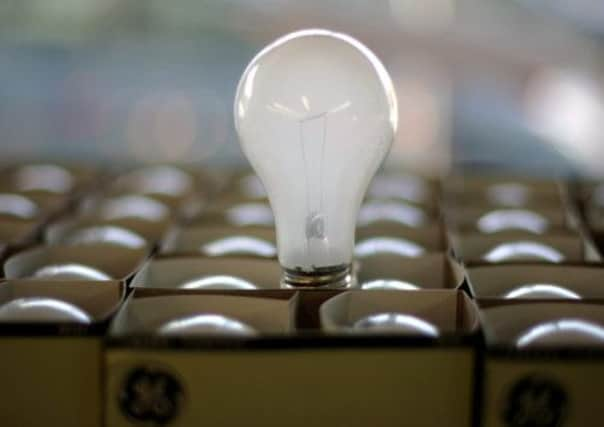Put energy into lowering your fuel bills


The pressure of global demand for energy maintains an upward influence on long-term oil and gas prices. Since 2000, natural gas import prices have broadly doubled for such countries as Belgium, Japan, Germany and Spain.
Rising energy prices have caused controversy in the UK. But are they really higher than elsewhere? Not so, according to Europe’s Energy Portal, the EU body that monitors prices across the region. It found that energy costs per unit are cheaper here than, say, in Germany, Spain or Denmark.
Advertisement
Hide AdAdvertisement
Hide AdOf course, the way we consume energy has a big impact on the bills we end up paying. Too many of us live in old and draughty houses, which can push up bills.
In their recent analysis of heating, habits and bills, the Department of Energy and Climate Change (DECC) stressed the need for an “unparalleled improvement in energy efficiency”.
Energy affordability is not a new issue for the UK. In 1970, an average household spent 6 per cent of its income on energy bills, compared with 4 per cent in 2011.
So, how should we tackle fuel poverty in Scotland? Again, we need to need to look deeper into the root causes of the problem.
Fuel poverty campaign group Energy Bill Revolution compared the UK to Sweden and found that Britain is blessed with comparatively low gas and electricity prices, along with an average household income comparable to Sweden.
Sweden has some of Europe’s highest energy prices but the quality of its housing stock reduces the cost of bills, and hence brings down its levels of fuel poverty.
The report concludes that fuel poverty can be broadly explained “by the relative inefficiency and poor state of repair of the [UK] housing stock”.
So, making our homes more energy efficient can make a sizeable dent in bills. Installing a new boiler can save £300 and DIY draught proofing of doors or windows could save over £50 a year.
Advertisement
Hide AdAdvertisement
Hide AdGetting our energy-inefficient houses in order means the energy we pay for goes further. There is surely little need to debate the merits of that.
• Dr Richard Westoby is director of retail economics at SSE
SEE ALSO